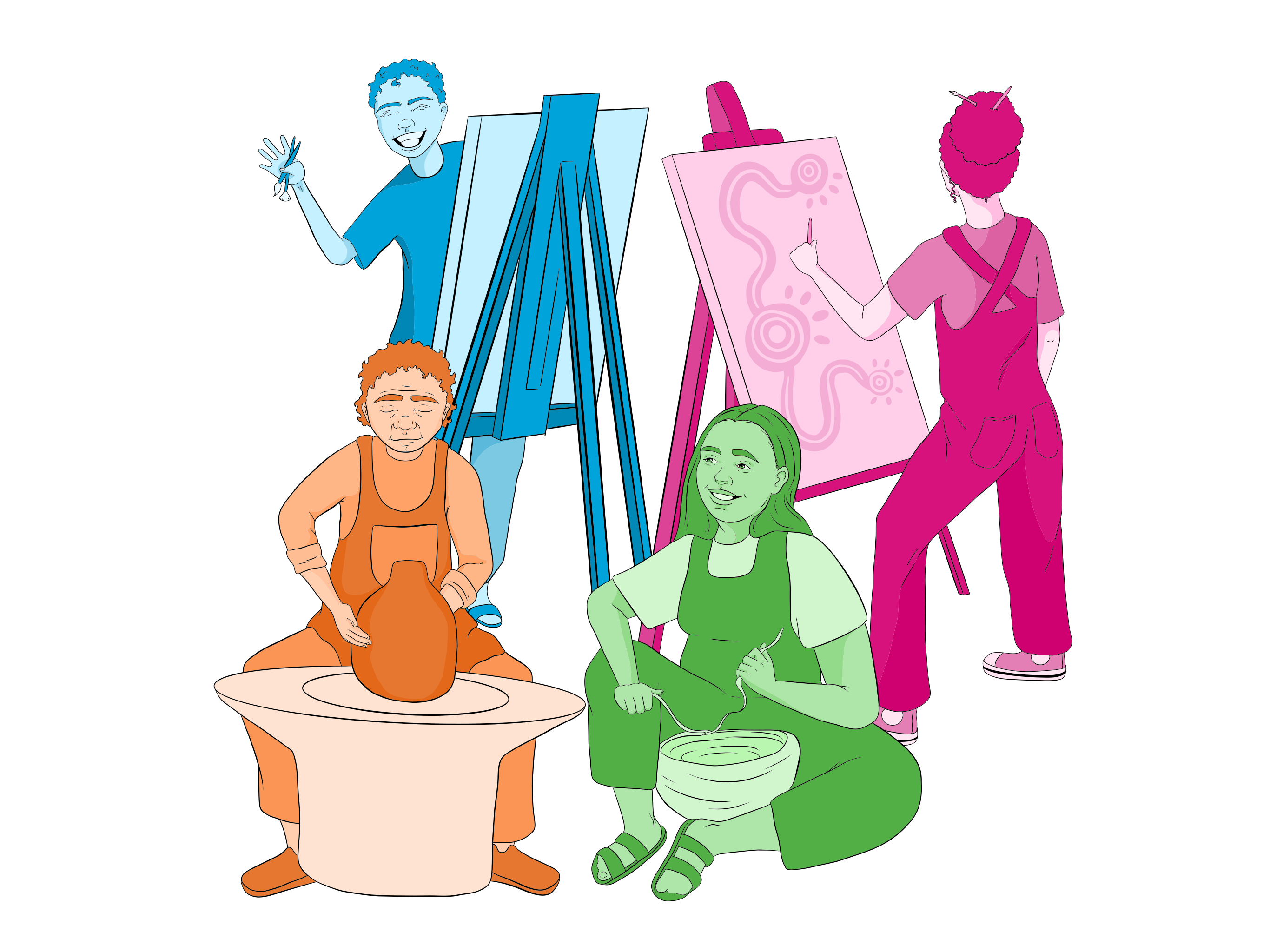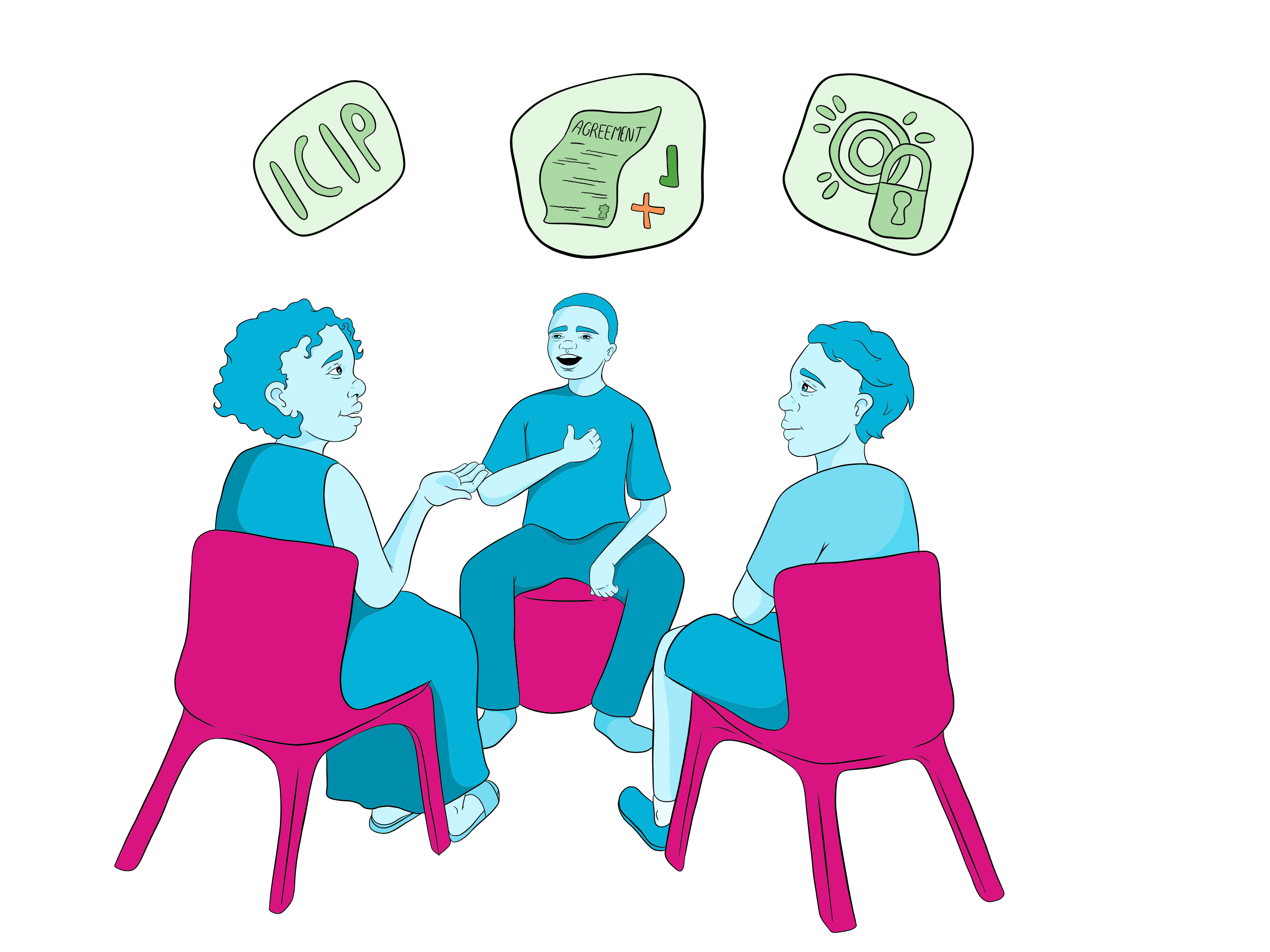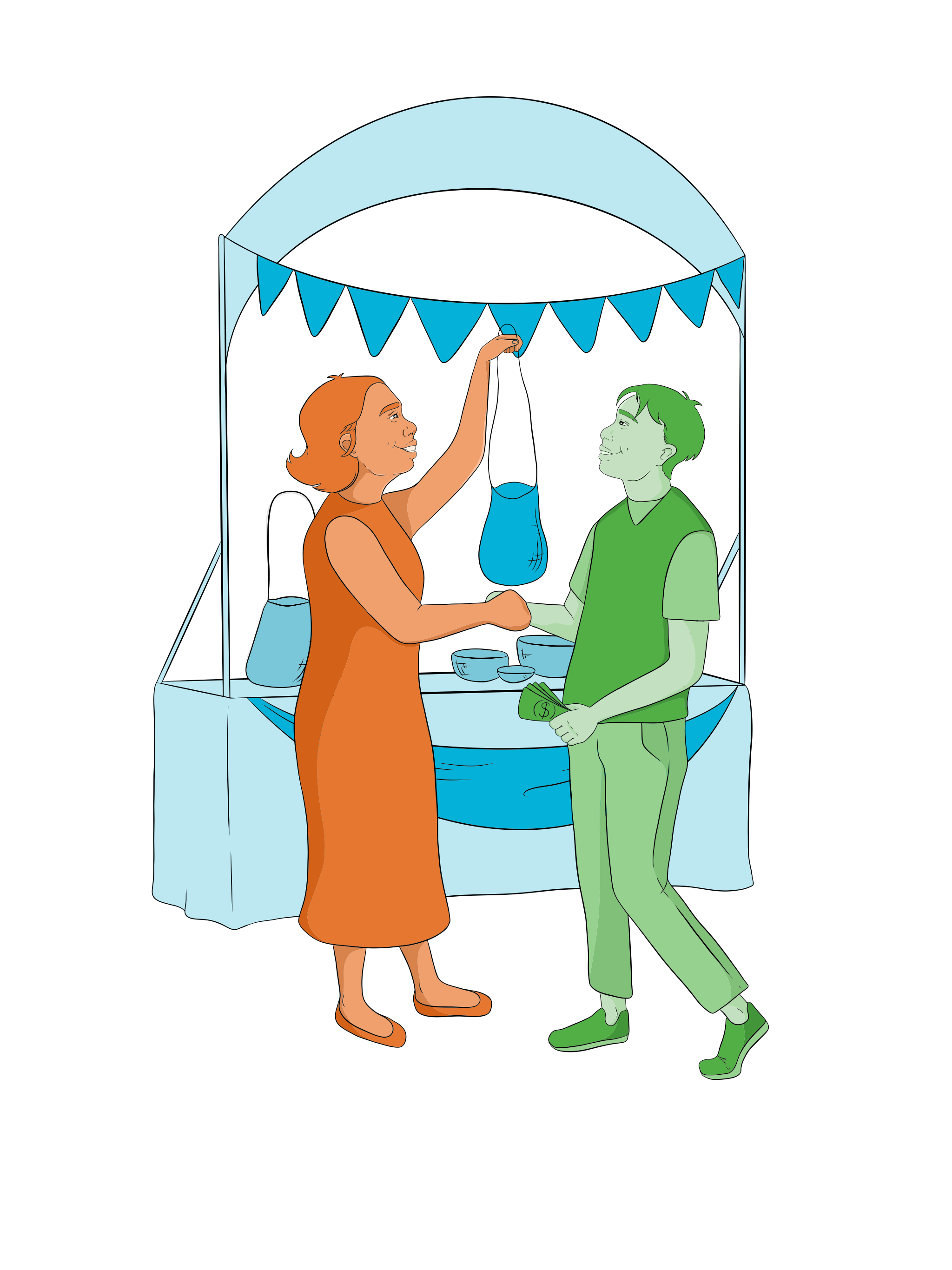Principles, Ethics and Rights
Summary of Good Practice Recommendations

Organisations and individuals, including non-First Nations artists, have a responsibility to:
understand that First Nations communities have the right to self-determination. This means they have the right to enforce their own engagement and cultural protocols. This also means First Nations artists and communities have a right to agree, request changes or say ‘no’ to a proposal to engage, provide support or work together
understand the general principles of this Code are always subject to the specific cultural protocols of the relevant First Nations community
understand that power imbalances can exist in commercial arrangements involving First Nations communities
acknowledge that power imbalances are underpinned by the colonial framework in Australia
recognise that artists across the country have different ways of doing business and different decision-making processes that adhere to the cultural protocols of their own families and communities
observe the True Tracks® principles when dealing with Indigenous Cultural and Intellectual Property (ICIP)
follow Creative Australia's Protocols for using First Nations Cultural and Intellectual Property in the Arts
ensure that First Nations people have the choice to be involved in all levels of a project or program
invest time and effort to build genuine working relationships, good channels of communication and realistic time expectations
ensure there is sufficient lead-in time for artists to consider a request to work together and obtain free prior and informed consent from artists
ensure there is a flexible and well-thought-out budget, including fees to cover the artist’s time that also considers the artist’s ICIP, and time for the artist to attend meetings
be open to negotiating artist fees and answering questions on payment type and structure

First Nations artists have responsibility to:
meet their own business and economic obligations
meet obligations owed to their families and communities
make informed choices and have the ability to participate in all matters relating to their artistic and cultural practice
protect and maintain the cultural and artistic practice which extends to assessing, agreeing, requesting changes or declining any engagements or work with third parties
Agreements with artists should outline:
all terms and conditions, according to a standard, transparent and accessible (preferably digital) template
expectations and responsibilities of each party
translation arrangements if required
fees payable to the artist and method of payment
timelines
ICIP arrangements, including consent, integrity, attribution, benefit-sharing and protection

Listen to this page: